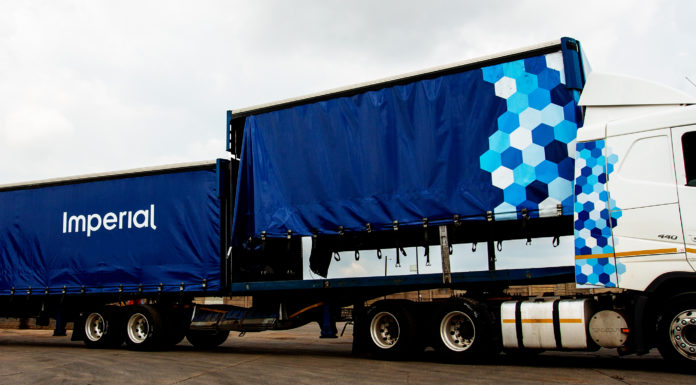Enthusiasm for the super-efficiency that telematics has suddenly put within reach of fleets is what makes modern transportation managers thrive, says Dr David Molapo, Head of Fleet management at Standard Bank
Dealing with the usual business-cycle and strategy fluctuations is difficult enough for any executive but, for fleet managers, the task has become inordinately difficult.
They have to stay upright while the entire foundation of their profession is shifting beneath their feet due to rapid and unrelenting technological advances.
“Under such circumstances, only those who expect and prepare for change will survive,” says Dr David Molapo, Head of Standard Bank Fleet Management. “Those who embrace change and make the most of it will thrive.”
Arguably, the greatest changes of the last few years have come from the astounding progress in fleet management technology, mostly in the form of telematics. Molapo says it is as if fleet managers can now see right into the cabin of the driver, even under the bonnet while the vehicle is on the road – immediately and in real time.
“Risky decisions have to be made about when to adopt new technology – too soon and you get blamed for squandering scarce company resources, too late and you get blamed for making the company lose market share to more edgy competitors.
“Not only do top executives have to be convinced into accepting the new systems, but virtually everyone else in the company too, including drivers. Telematics produces a flood of data that threatens to overwhelm fleet managers.”
However, the right approach to the telematics revolution remains excitement, Molapo maintains. “Enthusiasm for the super-efficiency that it has suddenly put within reach of every fleet is what makes modern fleet managers thrive,” he says.
Though probably the most profound for now, telematics is only one of the changes fleet managers need to expect and embrace. Molapo lists some of the others:
- Changing ownership models – fleets in large parts of the world have moved to leasing or rentals as the primary ownership model for their vehicles, but in South Africa the tendency is to cling to full ownership.
“In various instances, it is cheaper and more efficient to enter into full maintenance or operating rentals than to own,” Molapo says.
- Changing fuel prices – fuel prices fluctuate continuously and as a significant contributor to fleet running costs, it is worthwhile to always have a strategy to reduce fuel consumption through better driver behaviour, good maintenance management, the combating of fraud and pilfering, and, of course, considering fuel efficient vehicles.
- Changing vehicle technology – it is a certainty that new models are always more fuel efficient than those of the previous generation – and often safer and more durable –and these factors should be a major consideration when making purchasing decisions.
“Though current changes are much more incremental than those brought about by telematics, revolution is in the air. It is only a matter of time before electrical vehicles make a serious entry into the market, and these will almost certainly be followed by various levels of self-driving applications. Expect much decision-making agony in years to come, but also excitement,” Molapo says.
- Changing staff outlook – prudent fleet managers are learning fast not to take their drivers for granted and to be on the lookout for new recruits, who are suitably qualified. Fleet managers who do not constantly sharpen their people management skills risk facing a high turnover of drivers.
- Changing regulations – with regard to accidents, changes to road traffic regulations have resulted in greater accountability for people who hire transport companies. This means that many road freight fleets have had to adopt more formal safety procedures and systems in order to convince clients that they are safe to hire.
- Changing road conditions – one can argue about whether the potholes are winning the race against newly tarred surfaces, and toll roads against open routes. The fact is, in a developing country like South Africa, roads change all the time, and prudent route planning is an important tool for the nimble fleet manager.
“It’s clear that change is on the way. But, paradoxically, it is a constant factor that every manager must try to predict and manage in order to move businesses, employees and, most importantly, clients forward every day,” Molapo concludes.











